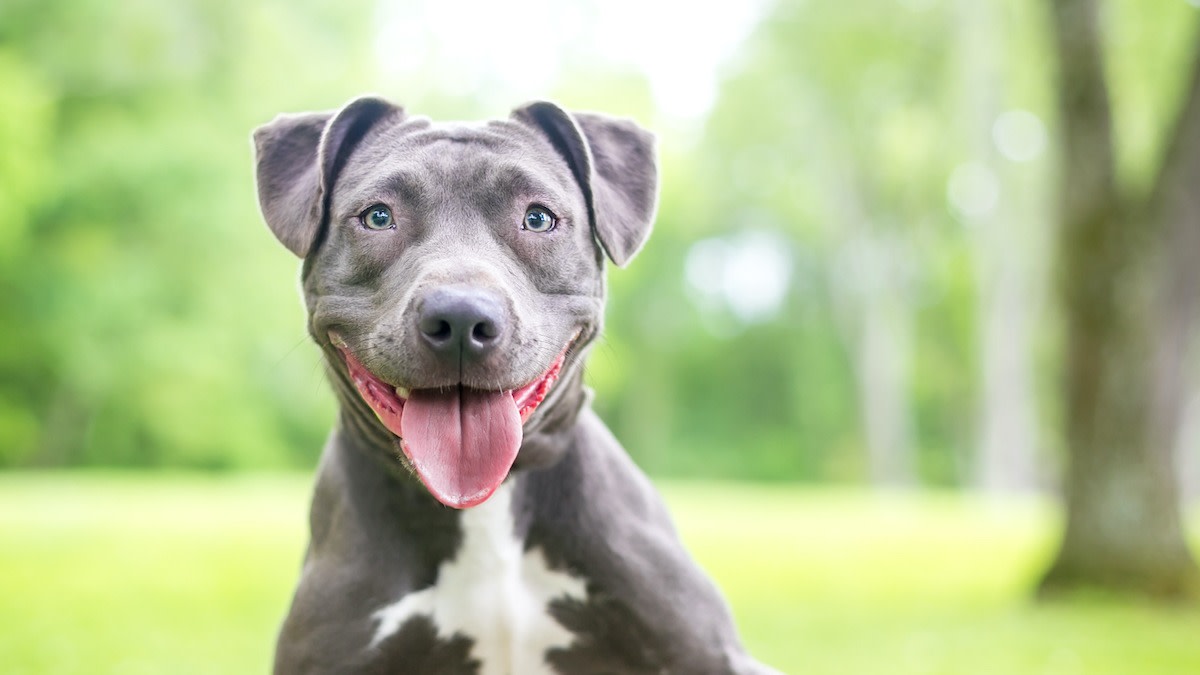Can Dogs Eat Caramel? 5 Health Risks of Caramel for Dogs
Written by MasterClass
Last updated: Apr 12, 2022 • 1 min read
Dogs cannot eat caramel. This candy contains a lot of sugar, which can harm your dog’s health and lead to dental issues. Though not toxic to dogs, caramels are dangerous for dogs with diabetes and are not a nutritious dog treat.
Learn From the Best
Can Dogs Eat Caramel?
Dogs should not eat caramel; though it is not toxic to dogs, the high sugar content can lead to short- and long-term health issues for your pet. Caramel candies can upset your dog’s stomach and lead to more serious issues like pancreatitis or dental disease. You should not feed your dog any human foods that contain caramel, including caramel puddings, caramel popcorn, caramel rice cakes, caramel syrup, or caramel ice cream. Opt for healthier dog foods or treats like sugar-free applesauce or natural peanut butter free of artificial sweeteners like xylitol.
Is Caramel Bad for Dogs? 5 Health Risks of Caramel for Dogs
Caramel is not a healthy addition to your dog’s diet, and you should not offer your furry friend these sugary treats. Feeding your dog caramels can lead to short-term and long-term effects like:
- 1. A spike in blood sugar levels: Eating caramel can lead to high blood sugar levels, which is particularly dangerous for diabetic dogs. The sugary candy is also calorie-dense, which can result in weight gain or obesity.
- 2. An upset stomach: The high amount of sugar in caramel can give your dog diarrhea or cause vomiting.
- 3. Choking: Caramel is sticky and dense, making it a choking hazard. Even a small piece of caramel can be a danger to your pooch.
- 4. Dental issues: Consuming a large amount of sugar can cause dental problems for your pet. Excessive sugar consumption harms your dog’s teeth and can lead to cavities or the need for a root canal.
- 5. Hyperactivity: If your dog eats these sweet treats, they can experience a sugar rush. The raw sugar affects your dog’s body, leading to hyperactivity, difficulty concentrating, and an elevated heart rate.
Before Sharing With Your Pooch
Certain human foods can cause adverse reactions in canines, so always consult your veterinarian to determine whether it is safe to add these foods to your pet’s diet. This article is for educational and informational purposes and is not a substitute for medical or dietary advice.
